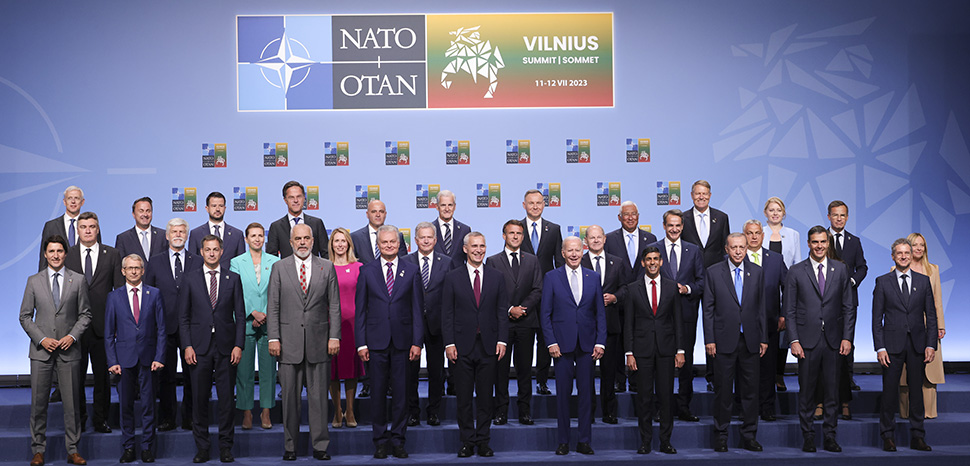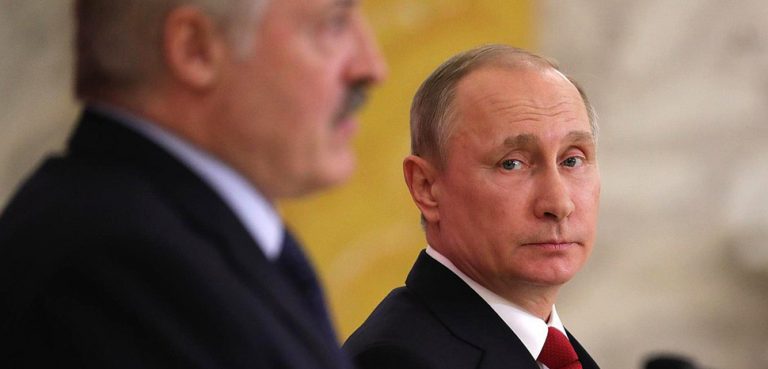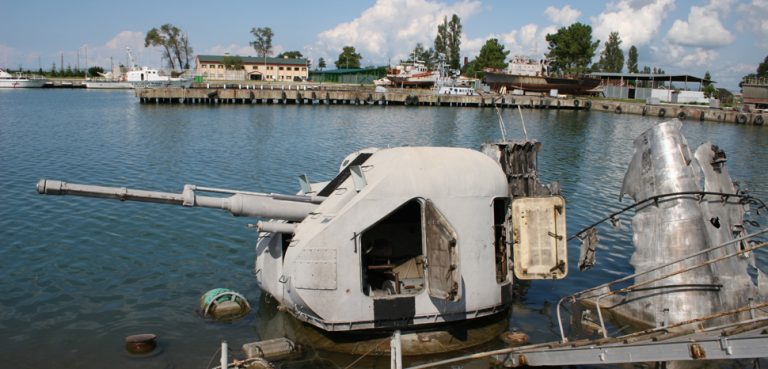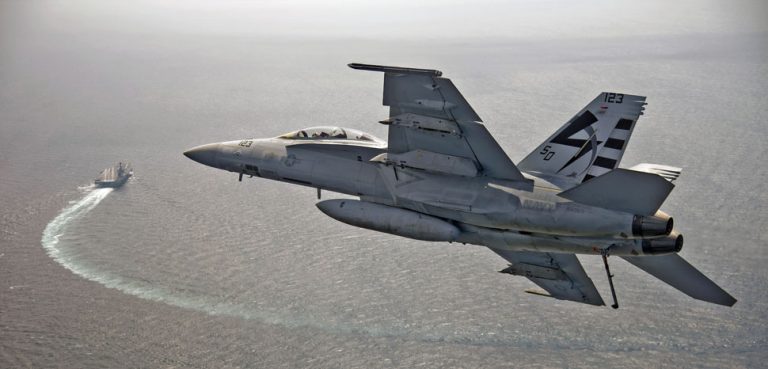As the world continues to reel from ongoing geopolitical challenges, the upcoming NATO Vilnius summit finds itself at the crux of defining the alliance’s future stance. From dealing with internal politics and the complexities of enlargement to formulating a consensus toward the Russia-Ukraine war, the summit carries high stakes for NATO. The following report will delve into these issues, focusing on the dynamics within the alliance and the implications for its current and prospective members.
Internal politics of NATO
NATO, an alliance rooted in collective defense, is not immune to internal politics. The differing perspectives within its ranks over critical issues such as potential new memberships and the stance towards the Russia-Ukraine conflict add to the complexity of the summit’s agenda. The United States and Germany have displayed a cautious stance towards Ukraine’s NATO membership, concerned about the potential implications this could have in the broader alliance. In contrast, Baltic members like Lithuania and Poland are more welcoming and eager to sustain the bloc’s interest in expansion.




